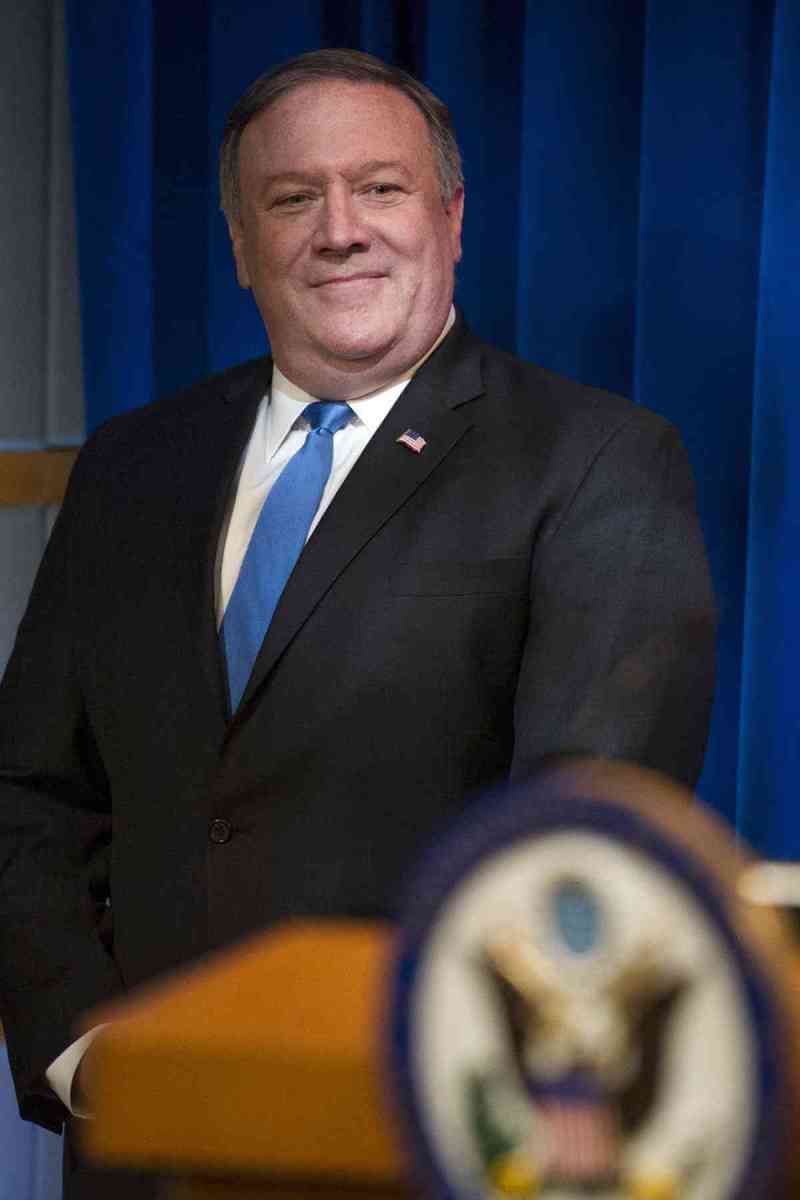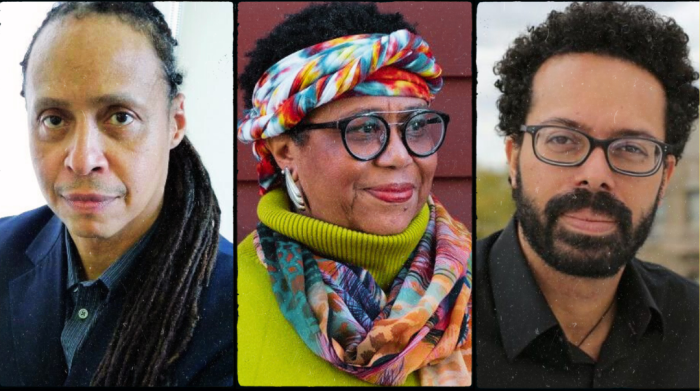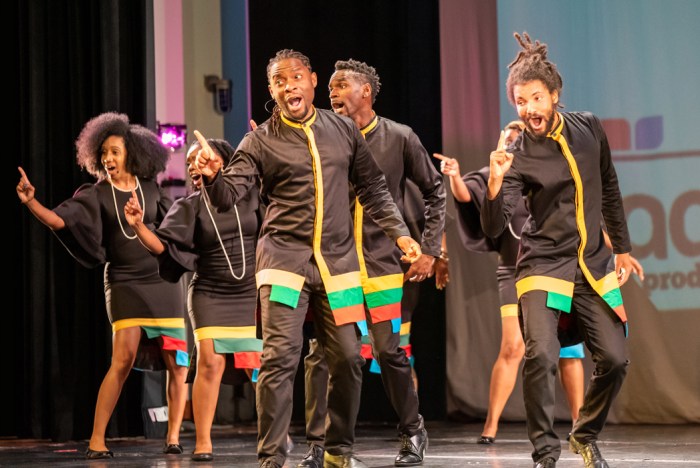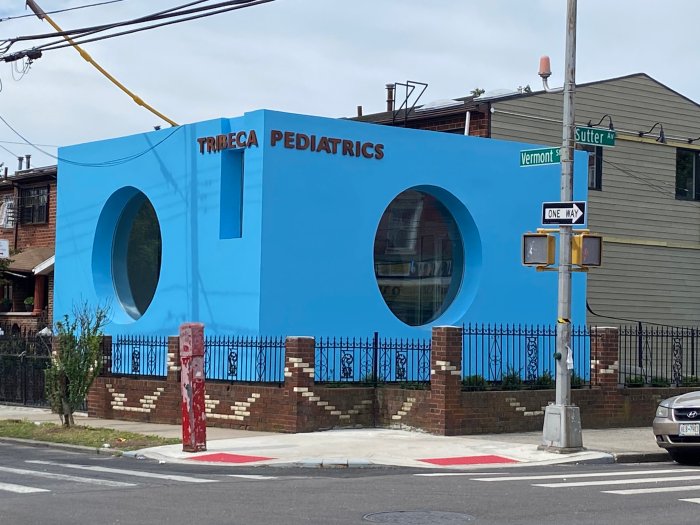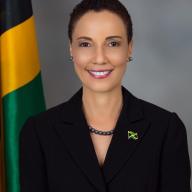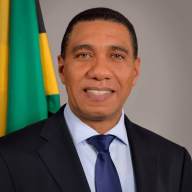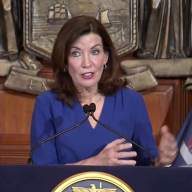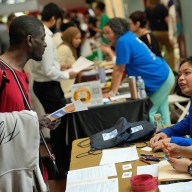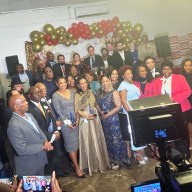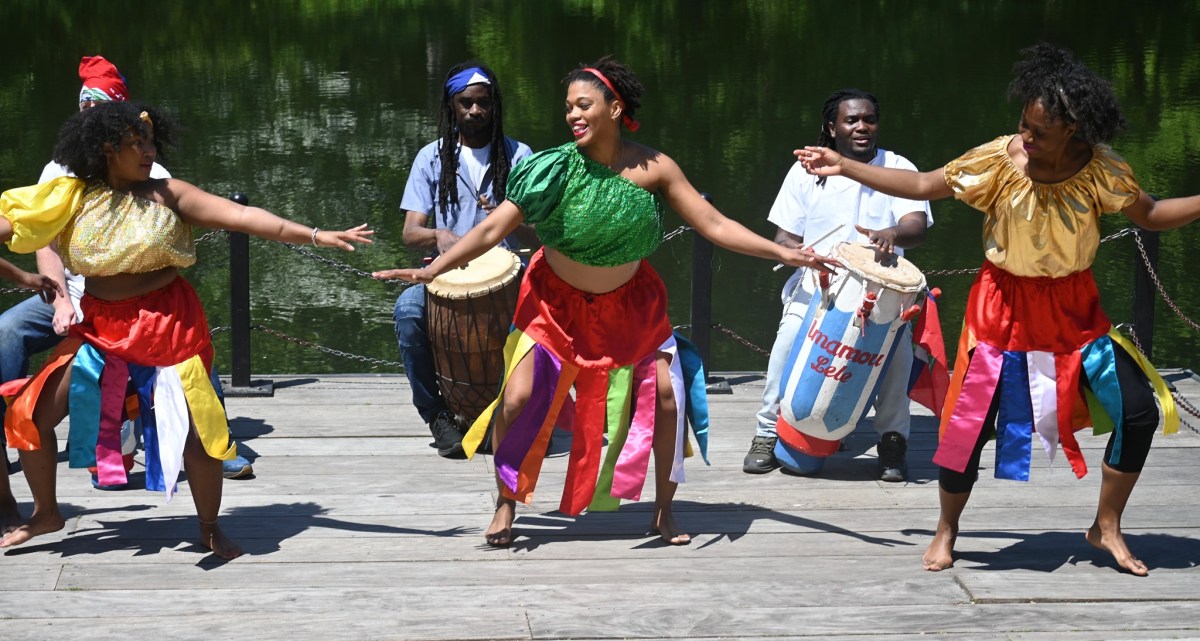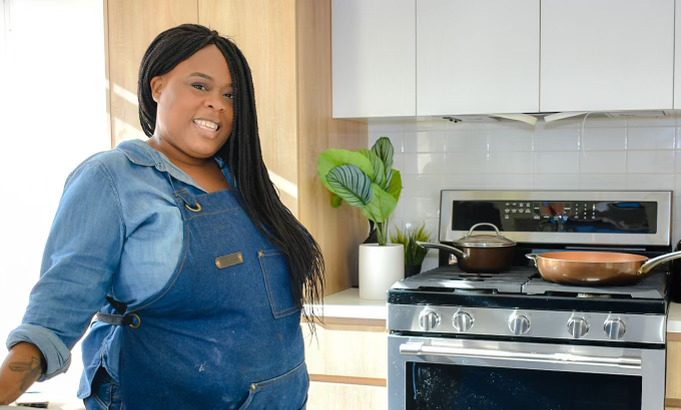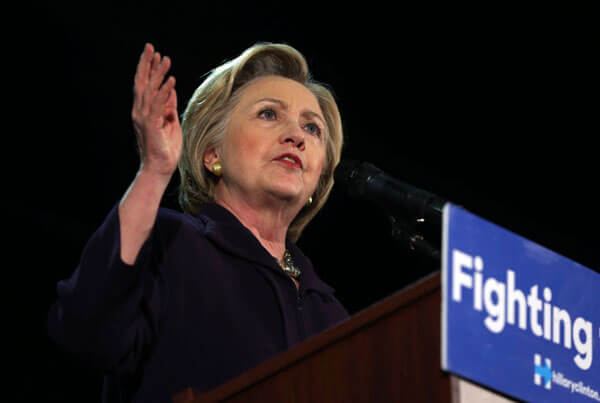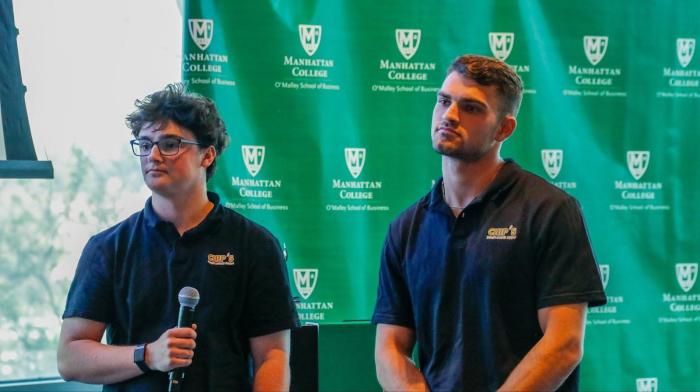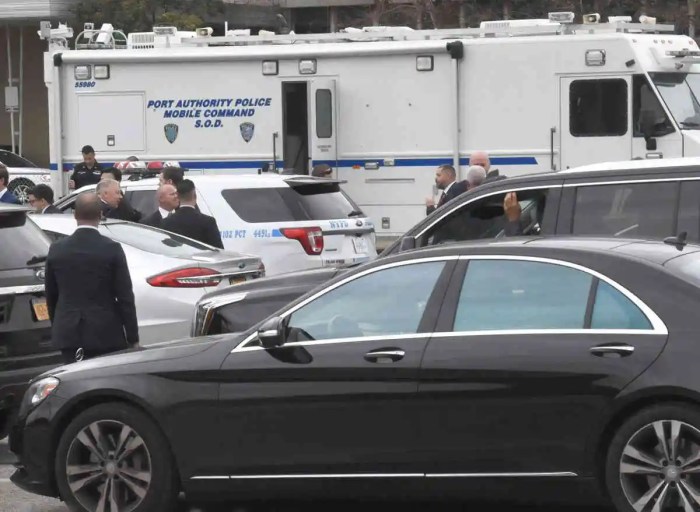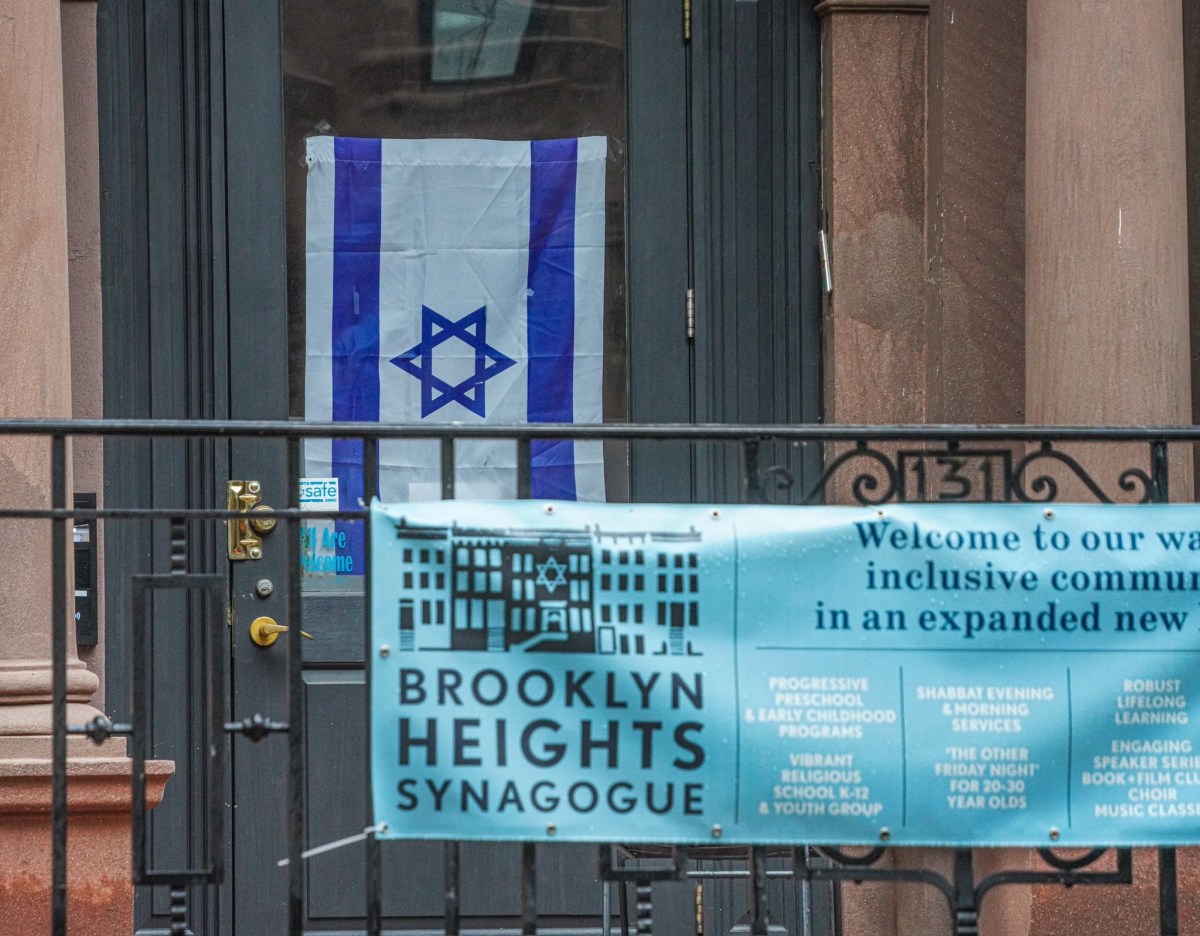The Donald J. Trump administration in the United States says it is looking forward to continued collaboration with Jamaica as the island on Tuesday celebrated its 57th year of political independence from Great Britain.
“On behalf of the people of the United States, I want to extend my warmest congratulations to the people of Jamaica as you celebrate the 57th anniversary of your independence on Aug. 6, 2019,” said US Secretary of State Mike Pompeo in a statement on Tuesday.
“The United States and Jamaica have long been friends, partners and allies, with enduring cultural and economic ties and a commitment to democratic and free market traditions,” he added. “We join you in celebrating your triumphs of this past year, including the UNESCO (United Nations Educational, Scientific and Cultural Organization) recognition of reggae as part of the cultural heritage of humanity, as well as Jamaica’s continued economic growth and prosperity.
“Together we have worked to advance the prosperity, security, health, energy security and disaster resiliency of the Caribbean region,” Pompeo continued. “Our cooperation demonstrates the benefits that strong partnerships bring to citizens of both our countries.”
The US Secretary of State said Washington “remains firmly committed to working closely with Jamaica to achieve our shared interests outlined in the US-Caribbean 2020 strategy, the US Caribbean Resilience Partnership, and the US-Jamaica Child Protection Compact Partnership.
“We also celebrate the tenth anniversary of security cooperation with Jamaica within the framework of the Caribbean Basin Security Initiative,” he said. “The United States looks forward to our continued collaboration in these and other endeavors.
“On this joyous day of celebration and reflection, I offer my kindest regards to the Jamaican people and wish you much prosperity in the years ahead,” he added.
In February, Jamaica Prime Minister Andrew Holness was among a select group of Caribbean leaders who met with at his Mar-a-Lago resort in Palm Beach, Fl.
The other leaders were the prime ministers of the Bahamas and St. Lucia, and the presidents of Haiti and the Dominican Republic.
At the time, Trump promised new investments in the five Caribbean countries as a result of supporting Washington’s bid to oust Venezuela’s President Nicolas Madura.
In the build-up to the meeting the White House had announced that Trump was meeting with the select group of Caribbean leaders to “reaffirm” Washington’s “strong friendship with and commitment to these countries, and signal the importance of the Caribbean to the hemisphere.”
The White House statement had said that Trump “will discuss his vision for our diverse relationships in the Caribbean and the potential opportunities for energy investment.”
“The United States remains a good friend to the Caribbean and seeks to build on a proud legacy as the region’s partner of choice,” it said.
However, Trump began the meeting by announcing that he would be “discussing ways that we can be beneficial to you, and you can be beneficial to us.”
Besides Holnes, the Caribbean leaders were the Bahamas’s Hubert Minnis, St. Lucia’s Allen Chastanet, Haiti’s Jovenel Moise and Dominican Republic’s Danilo Medina.
Though the socio-political crisis in Venezuela dominated talks with Trump, Holness told reporters afterwards that “the message from this meeting is that the United States wants to encourage and promote stronger relationship with the region.
“It’s absolutely important that it’s not just talk, that there will be real investments,” he said. “We’re very happy with that message.
“We feel that that is a message that is long-in-coming, but we’re also satisfied that it’s not just a message,” the Jamaican prime minister added. “We’re satisfied that there will be instrumental action.”
The 15-member Caribbean Community (CARICOM) grouping has been divided on the Venezuela issue.
In January, Jamaica, Haiti, the Bahamas, Guyana and St. Lucia supported a resolution at the Organization of American States in not recognizing Maduro’s second five-year term. Dominica, St. Vincent and the Grenadines, and Suriname voted against the measure.
St. Kitts-Nevis, Trinidad and Tobago, Antigua and Barbuda, Barbados and Belize abstained during the vote; while Grenada was not present.
Since then, there have been at least two more resolutions at the OAS on the Venezuela question in which CARICOM states remain divided.
In a statement that followed their teleconference in January, the regional leaders, nonetheless, had “reaffirmed their guiding principles of non-interference and non-intervention in the affairs of states, respect for sovereignty, adherence to the rule of law, and respect for human rights and democracy.
“Heads of Government reiterated that the long-standing political crisis, which has been exacerbated by recent events, can only be resolved peacefully through meaningful dialogue and diplomacy,” the statement said, noting that they have “offered their good offices to facilitate dialogue among all parties to resolve the deepening crisis”.
In late January, regional leaders – led by Harris and including Barbados Prime Minister Mia Mottley and Rowley – met with United Nations Secretary General Antonio Guterres, expressing optimism that the UN will assist in establishing the roadmap towards peace and security for Venezuela.


